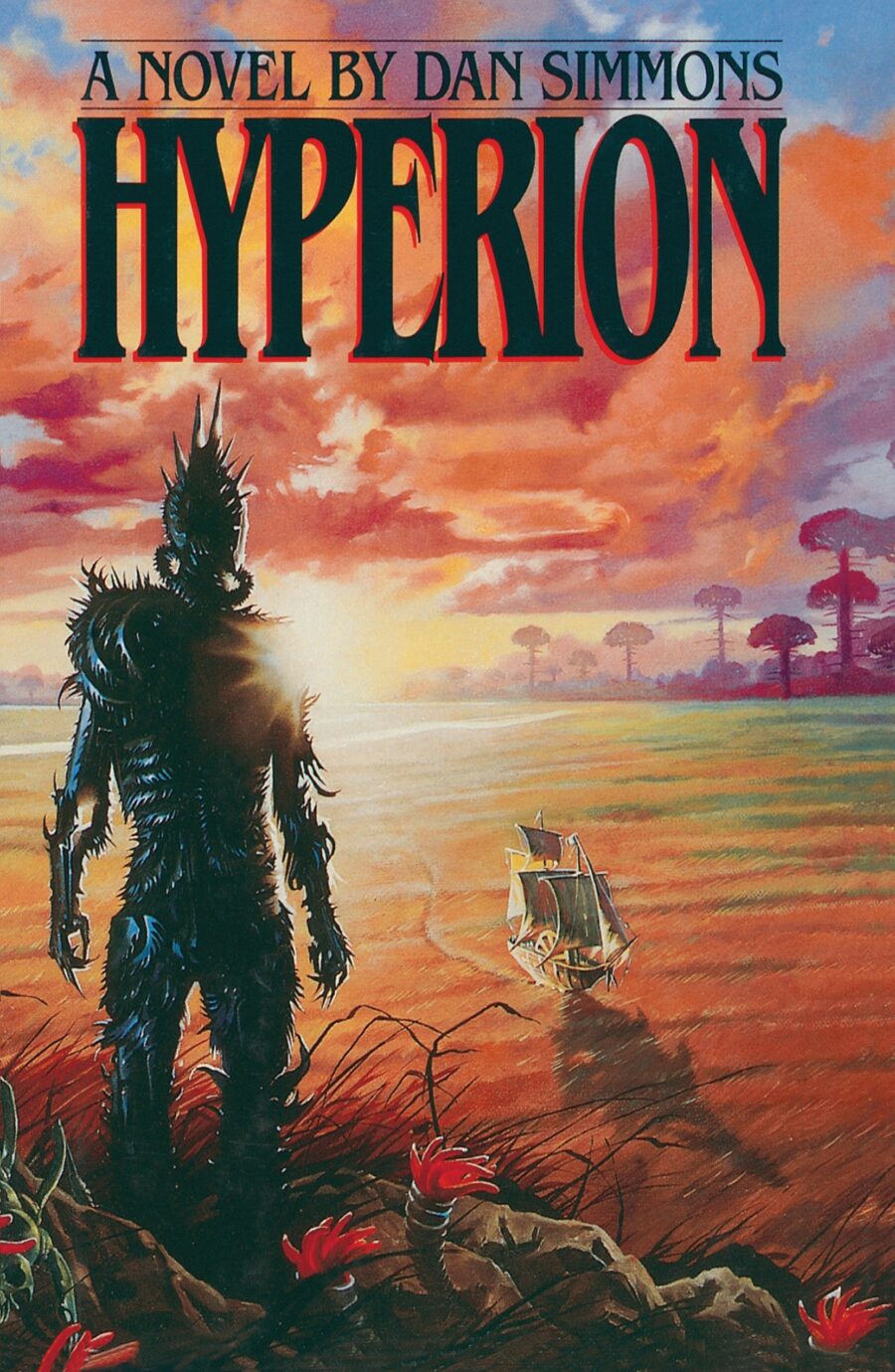Ben Harris-Roxas reviewed Hyperion by Dan Simmons (Hyperion Cantos, #1)
Far better than I recalled
5 stars
Thoroughly enjoyable, and vastly better than I remembered from when I last read it 25 years ago. There were so many details I didn't recall. I somehow callowly missed all the obvious link the Canterbury Tales amidst the other literary allusions.
The world-building was exceptional, even if things like the world web now seem like a product of the era when it was written. To wit: the the writer and academic describe work conditions in several hundred years from now that seem firmly rooted in the past, let alone the present.
From memory the rest of the series declines in quality, but wow, this was good.


